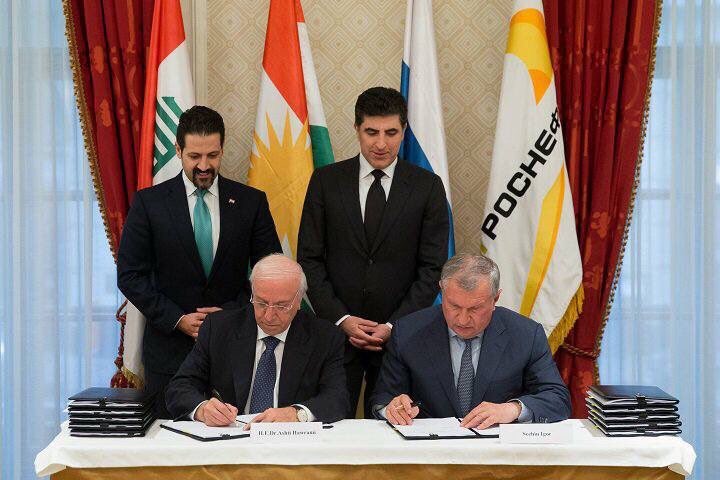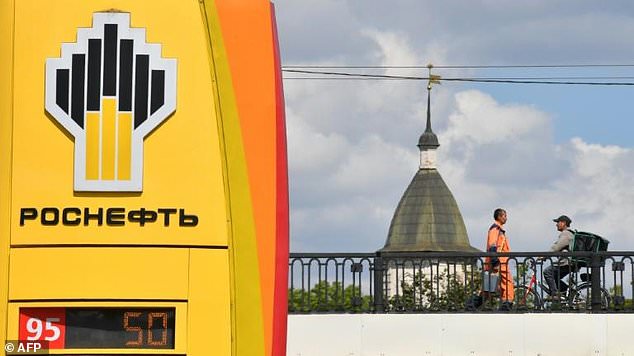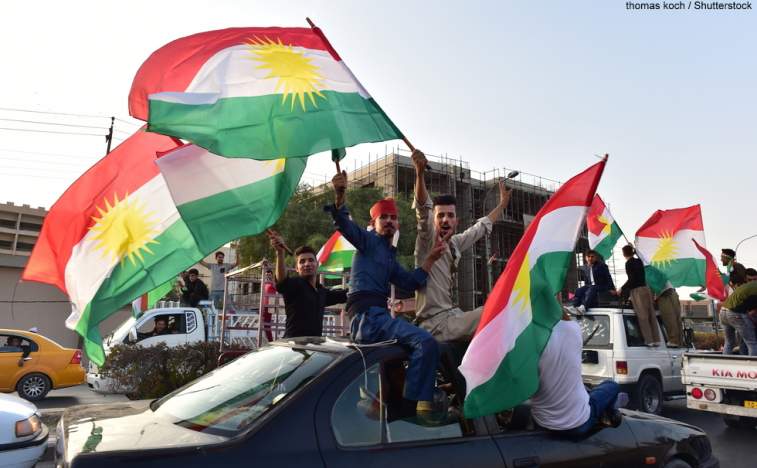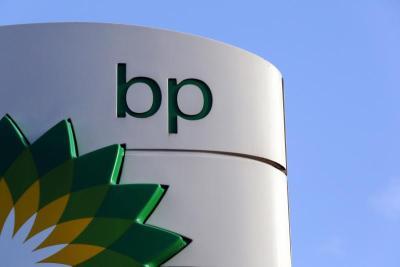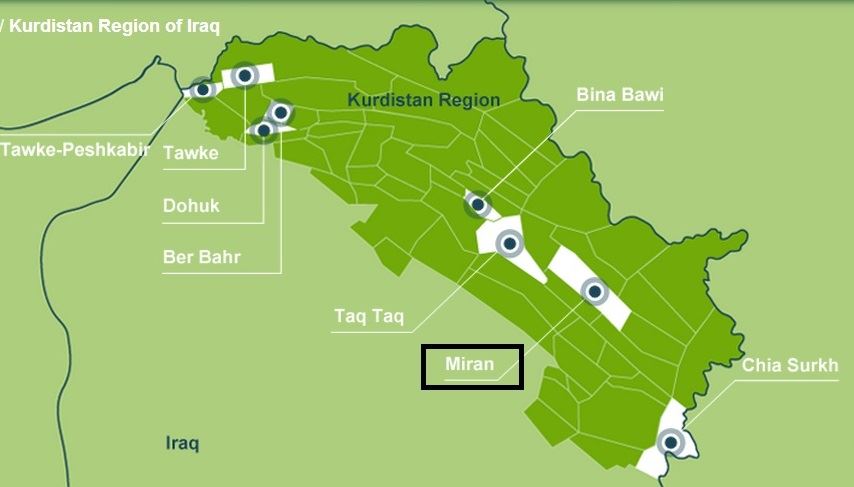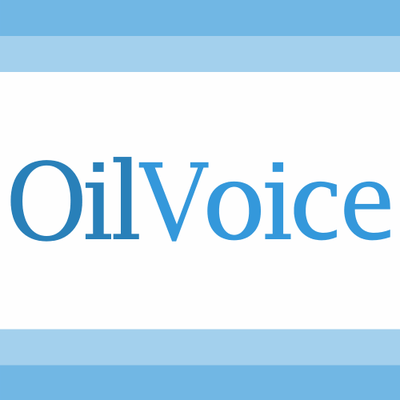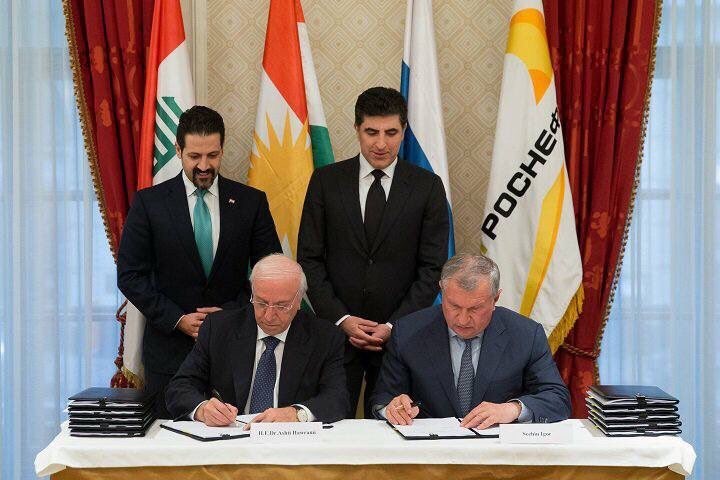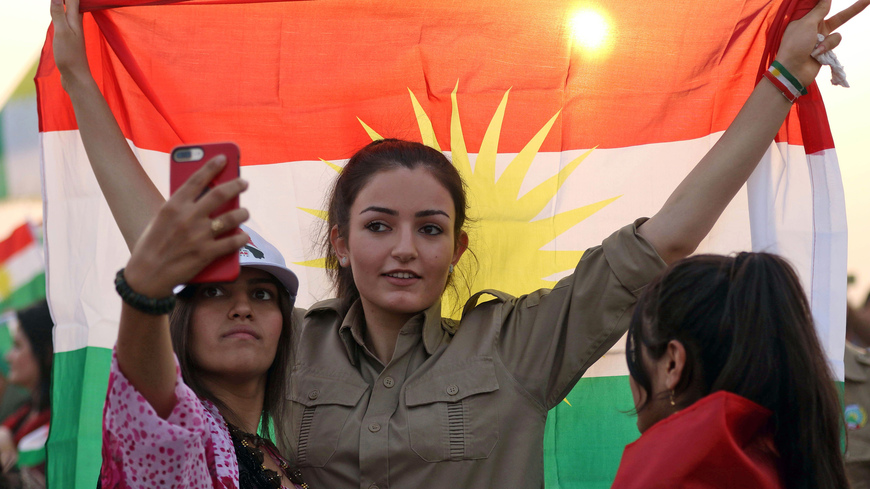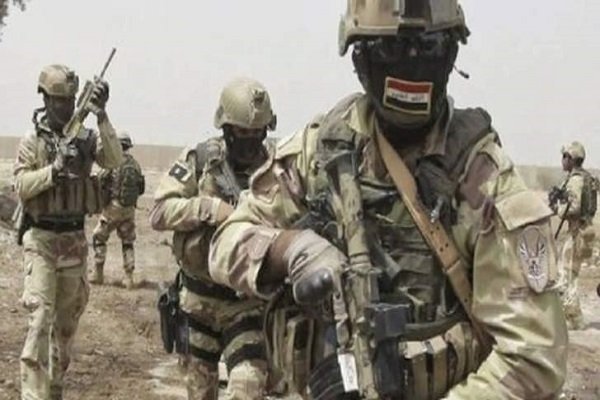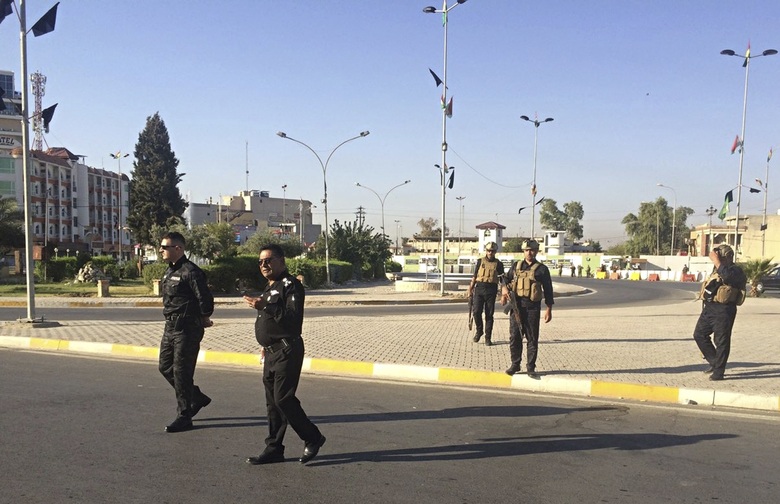By John Lee.
Iraq’s Ministry of Oil has hit back at Rosneft‘s recent decision to enter a production-sharing deal with the Kurdistan Regional Government (KRG) without its approval.
In a statement, the Ministry warned:
“The ministry of oil warns seriously all the countries and oil companies from contracting or dealing with any authority inside Iraq without taking the approval from the federal government and the ministry of oil”.
Oil Minister Jabar Ali al-Luaibi [Allibi, Luiebi] (pictured) added:
“… irresponsible statements from some of the officials inside & outside Iraq or the foreign companies about their intention to sign oil contracts with any authority inside the geographic borders of Iraq without telling the federal government or the ministry of oil, is considered as a Blatant interference in the internal affairs and a derogation from national sovereignty, and an outright violation of international norms.”
Rosneft boss Igor Sechin insisted that the company strictly followed the law. AFP quotes him as saying:
“If there are problems between the government of Iraq and Kurdistan they need to solve the problems themselves … I am not a politician, my job is to produce oil.”
In addition to the production-sharing deal, Rosneft has just agreed to start work on a new oil pipeline project in Iraqi Kurdistan.
(Sources: Iraqi Ministry of Oil, AFP)

